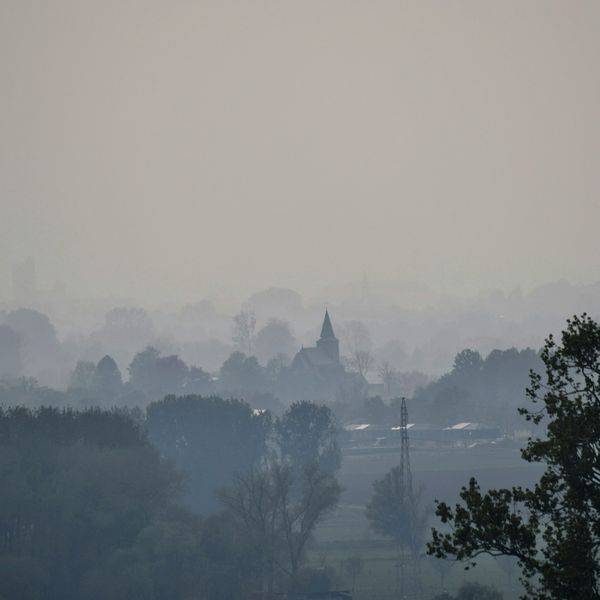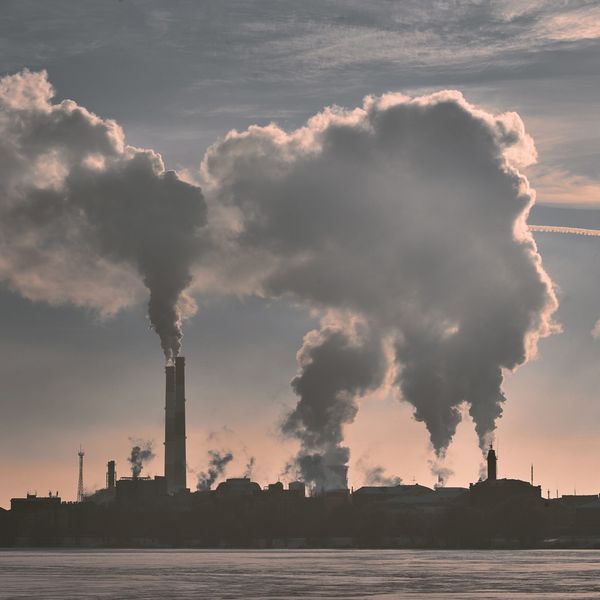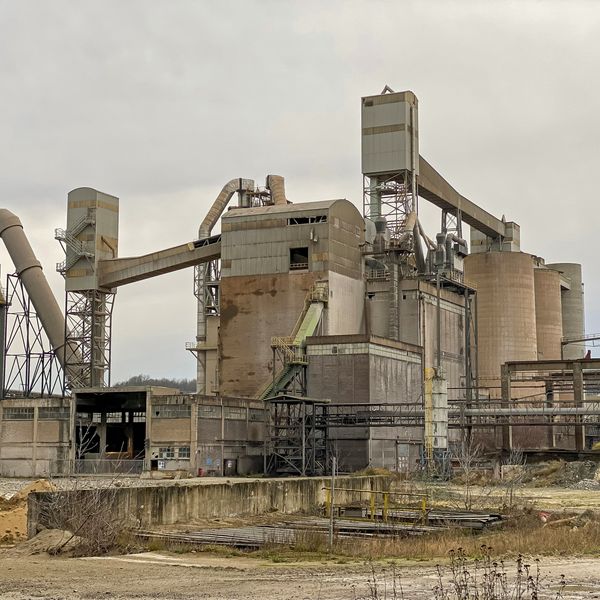Exposure to air pollution has a significant impact on rates of cancers typically associated with smoking, according to a recent study.
The study, published in the International Journal of Environmental Research and Public Health, found that in polluted urban areas, reducing air pollution could do as much as completely eliminating smoking would to lower rates of the 12 types of cancer most commonly associated with smoking, including lung cancer, stomach cancer, kidney cancer, bladder cancer, pancreatic cancer, liver cancer, cervical cancer, oral cancer, colon cancer, esophageal cancer, cancer of the larynx and acute myeloid leukemia.
“Getting people to quit smoking is a really important way to prevent cancer, but we found that it’s not going to do as much in places that are highly polluted,” David Kriebel, a professor and director of the Lowell Center for Sustainable Production at the University of Massachusetts and one of the study's authors, told EHN (EHN).
The study builds on previous research by the same authors that estimated how much cancer rates would have declined in counties across the U.S. if everyone had quit smoking 20 years ago. That study found that in many urban counties with high levels of air pollution, lung cancer rates would not be significantly lower if everyone had quit smoking.
For example, in Allegheny County, which encompasses Pittsburgh — a region with some of the worst air quality in the country — lung cancer rates would only have dropped by 11% if everyone had quit smoking 20 years ago. For comparison, the average cancer reduction for all 612 counties included in the study was 62% if everyone had quit smoking 20 years ago — suggesting that there is something else driving cancer rates in places like Allegheny County.
“We hypothesized that air pollution was playing a role,” Doug Myers, a professor at Boise State University and another of the study's authors, told EHN. “We tested that in this new study and confirmed that places with high levels of air pollution would still have higher cancer rates even if smoking was eliminated.”
“Air pollution was the primary driver”
The study measured air pollution by looking at Air Quality Index data, which measures four major air pollutants regulated by the federal Clean Air Act — ground level ozone, particle pollution, carbon monoxide and sulfur dioxide — along with other hazardous air pollutants, including carcinogens like chloroprene, formaldehyde, and vinyl chloride.
The researchers found that the higher the Air Quality Index was in a county, the more likely it was that eliminating smoking would make little difference in rates of the types of cancer associated with smoking.
“We also looked at some other factors, like land and water pollution, the built environment and sociodemographic factors,” Myers explained. “We found air pollution was the primary driver of counties where cancer rates would remain high even if everyone quit smoking.”
Addressing air pollution
Next, the researchers hope to investigate the effects of specific air pollutants and look at their effects on rates of individual types of cancer. It can take 20 years or more for cancer to develop following a harmful exposure, so one challenge is finding pollution data that goes back far enough.
“That makes it challenging to study the effects of something like fracking on cancer risk, for example,” Kriebel said. “It’s just too early — we don’t yet have 20 years of exposure data on a big enough population.”
In the meantime, the researchers hope public health departments across the U.S. will use their findings to allocate additional cancer-prevention resources to lowering air pollution.
“Tobacco control is critical, but if you only talk about personal behaviors when you talk about cancer risk, it can sound like you’re blaming people,” Kriebel said. “In polluted places like Pittsburgh, it’s more effective public health messaging to also acknowledge that there are risk factors that are beyond people’s control, like air pollution, and show that you’re working on addressing those, too.”
- Cancer in Pittsburgh: Prevention lags as pollution persists ›
- The “twin crises” of high cancer rates and exposure to toxics in Pittsburgh ›
- ‘Them plants are killing us’: Inside a cross-border battle against cancer and pollution ›
- Prescription for prevention: Cutting pollution and cancer risk in Pittsburgh ›
- LISTEN: Kristina Marusic joins the Out d'Coup podcast to discuss "A New War on Cancer" - EHN ›
- Federal air monitoring investment could lower southwest Pennsylvania cancer rates - EHN ›
- Texas is underestimating cancer risk from air pollution, health advocates say - EHN ›
- New study finds air pollution particles in human breast milk - EHN ›
- Air pollution linked to over 700 health conditions - EHN ›




























